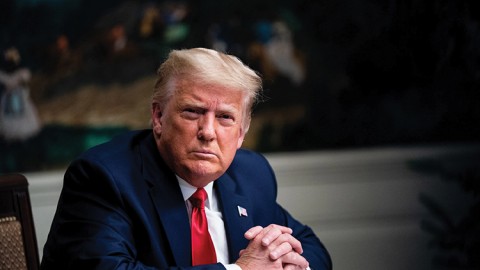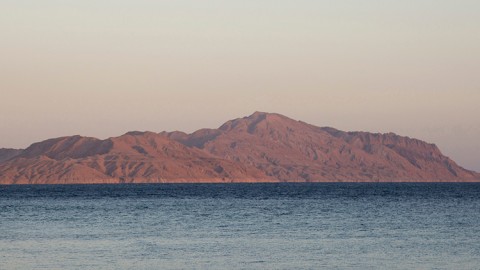The absence of renewable energies within the market can only entail that energy resources will be plagued with scarcity and therefore be subject to the economic forces of supply and demand which entails a state of energy poverty or at the very least energy insecurity. Just as this may have ripple effects on many different markets, women have become the primary victims of these economic challenges. The transition comes not only to establish economic justice for the impoverished but also to ensure that all human beings, regardless of gender, have equal access to affordable and sustainable energy.
Women being more vulnerable to the effects of energy poverty is no myth, but a well-documented reality that has concerned economists around the world. Many studies have shown that in many traditional societies, many women are responsible for staying home and taking care of the children, which places them at the mercy of the limited energy resources typically provided by the relevant authorities to residential areas. Since many households in less developed countries may not even have proper heating systems, energy poverty also entails that they will have to search for biomass to use as a source of energy to stay warm during the cold winter season, especially in societies where accessibility to even traditional energy resources is limited due to the lack of infrastructure.
Apart from issues in accessibility, gender-based pay gaps, even in areas of the world widely believed to be the most progressive such as Europe, have largely exacerbated the plight of women when it comes to limited accessibility to energy. According to a report titled “Women more likely to fall into energy poverty, EU Parliament warns” by Valentina Romano, experts have said that “’Many women have lower average incomes, they work part-time, they also work in low-paid or precarious forms of employment. Many women work without pay, for example, in the household,’ said Robert Biedroń, a Polish socialist MEP, chairing the European Parliament’s committee on women’s rights. The consequences of energy prices on individuals and small businesses but also deindustrialization, unemployment, and recession are disproportionately affecting women because of their already lower participation in the labor market and existing gender gaps in many sectors.
There are many testimonies and expert opinions that show that the effects of energy poverty are even more severe on women than on men going far beyond just creating economic hardship. The same report further stated that “Energy poverty does not only have an economic dimension, said Katharina Habersbrunner from Women Engage for a Common Future (WECF), a charity. It also has a physiological aspect – women are more sensitive to extreme temperatures – and a sociocultural component, she explained.”
A transition to using renewable energy resources will unlock unlimited amounts of energy for millions of women in need of secure supplies. First, this is mainly due to the accessibility will no longer be an issue since it can be easily distributed throughout the country through a grid. Other more traditional resources may require the development of a more robust and extensive infrastructure which will require more financial resources. The second most important reason the transition is a financial savior for women is that the energy transition will entail the issue of different types of energy that are immune to the economic forces of supply and demand and are not limited to scarcity. The potential to constantly generate and regenerate energy entails that energy supplies will be both affordable and accessible to citizens in any market regardless of gender.
As economies have created many jobs for women, the energy transition has come as a savior by creating jobs and engaging with well-trained professionals who are accepted in or gain access to higher positions on the basis of merit rather than gender. In many ways, the energy transition came to save women from energy poverty, but the transition itself is fueled by women’s inclusion and engagement. It has also built women’s skills in many areas and bolstered their inclusion within the market, as specified in UNIDO’s reported titled “Gender Equality in the Sustainable Energy Transition” which says that “Efficiency programmes offer diverse entry points to strengthen gender equality in the energy sphere, both in skills-building measures for energy management and systems optimization in industry at the project level, and by acknowledging women as a significant population of the energy efficiency consumer market at the end-user stage.”
In developing countries, creating the proper infrastructure for renewables to reach the required production capacity to meet the needs of local markets will take time and require considerable amounts of funding. Finances have also been a formidable challenge with the world’s biggest funders shutting many prominent figures, including leaders professionals, and widely recognized statesmen, have reiterated that a just energy transition cannot be realized with inadequate financing that exists in today’s market.








